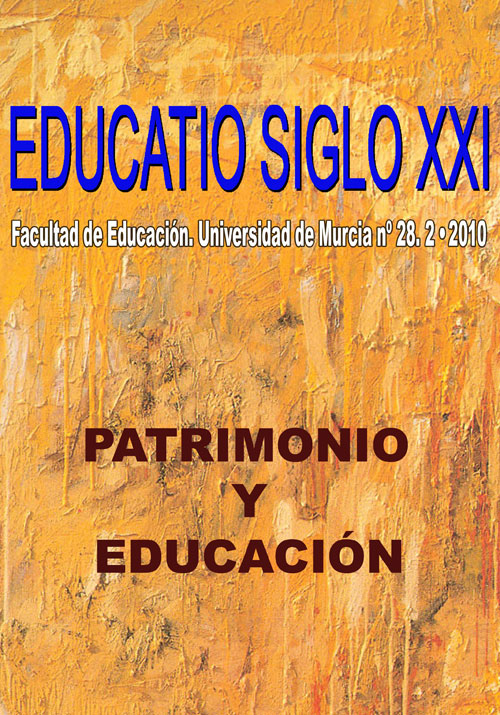Material Culture and Pedagogical Modernisation in Portugal (XIX-XX Centuries)
Abstract
The pedagogical modernization seen in the last decades of the XIXth century and beginning of the XXth century had its expression in Portugal on the discourses, projects and legislation that were produced by politicians, pedagogues, professors and inspectors. Since 1864, it was defended the expansion of the learning network, the organization of educative spaces and a new scholar architecture, as well as the need of proper furniture and modern didactic material. The beginning of the graduated school, the hygienist worries that are seen in the medical and pedagogical discourse since 1870, the desks adapted to the scholars body’s, the collections of
materials technologically advanced, the defence of active methods, were some of the mean themes with which the national proposes of modernization were built. But the reality of the public Portuguese schools, in general, resisted in a state of remarkable desolation. However, the Lisbon town council put in practice, during the phase of decentralization of the education, a set of initiatives of great significance, which marked the affirmation of the public school and the pedagogical modernization in Portugal.
Downloads
-
Abstract316
-
PDF (Español (España))400
Original work publishes in this journal is subject to the following terms:
1. Murcia University Press (the publishing house) holds the copyright of the publishes work, and favours and allows their reutilization under the use license stated in point 2.
© Servicio de Publicaciones, Universidad de Murcia, 2015
2. Work is published in the electronic edition under a license (Creative Commons Reconocimiento-NoComercial-SinObraDerivada 4.0 España (legal text). They can be copied, used, disseminated, transmitted and publicly presented, as long as: i) authorship and original publication source is acknowledged (journal, publishing house and URL of the work); ii) are not used for commercial purposes; iii) the existence and specifications of this use license is stated.
3. Conditions for self-archive. Authors are allowed and encouraged to disseminate electronically the pre-pint (before review) and/or post-print (accepted for publication) versions of their work before their publication since that favours earlier circulation and dissemination resulting in an increased chance for the authors to be cited and for the work to reach a bigger share of the academic community. Colour: RoMEO: green.








